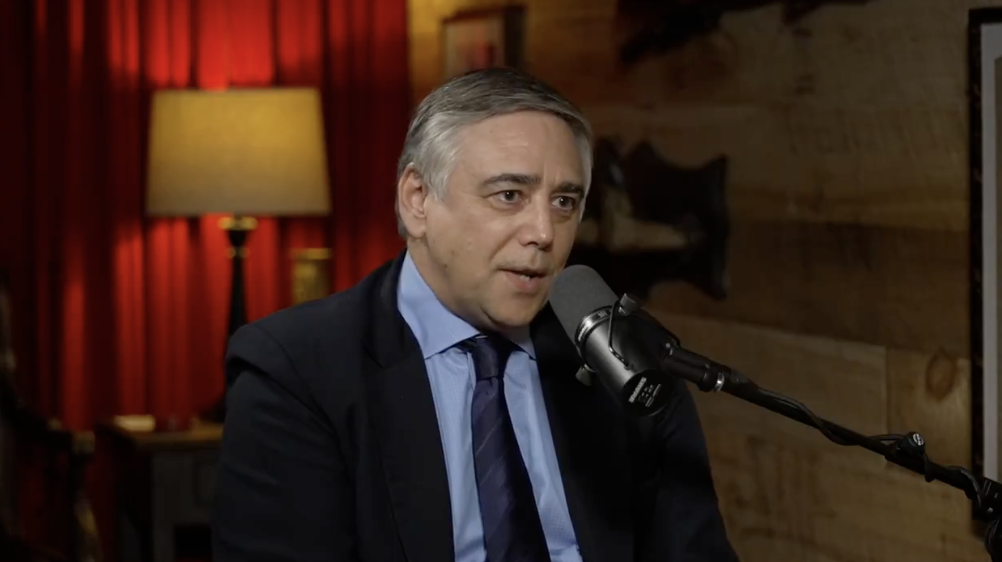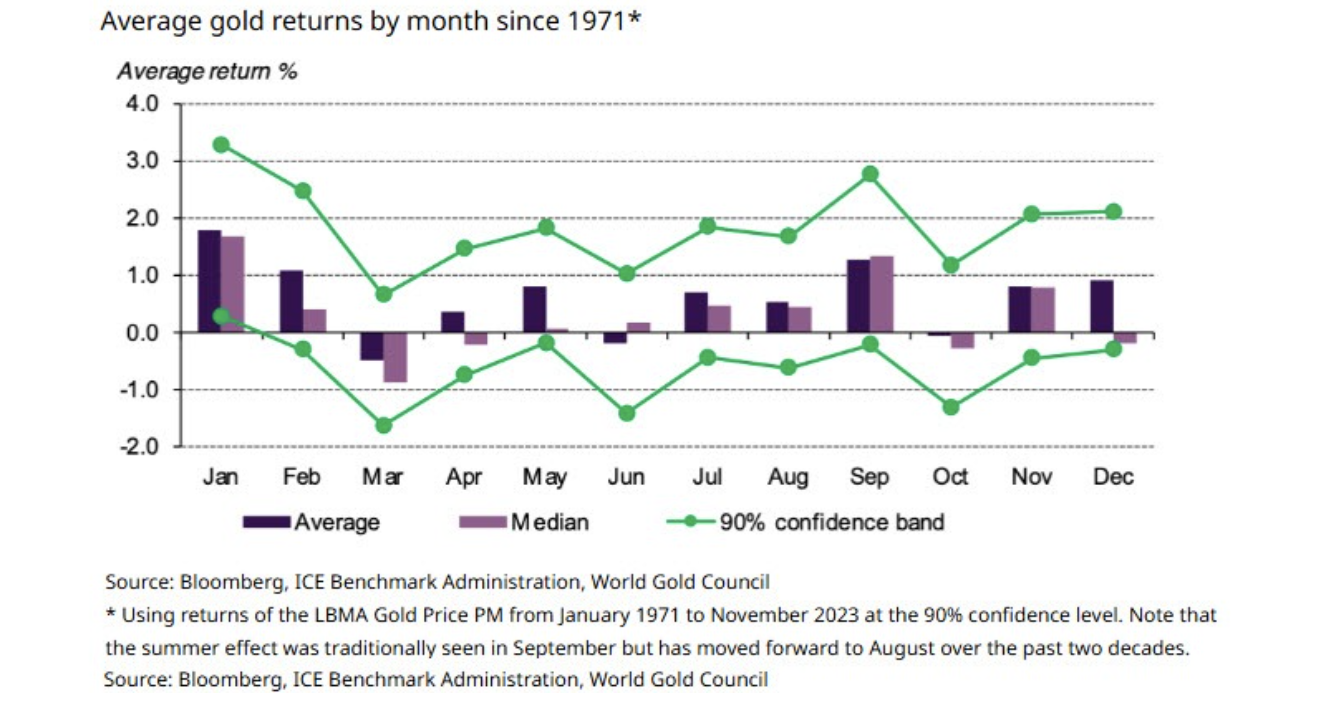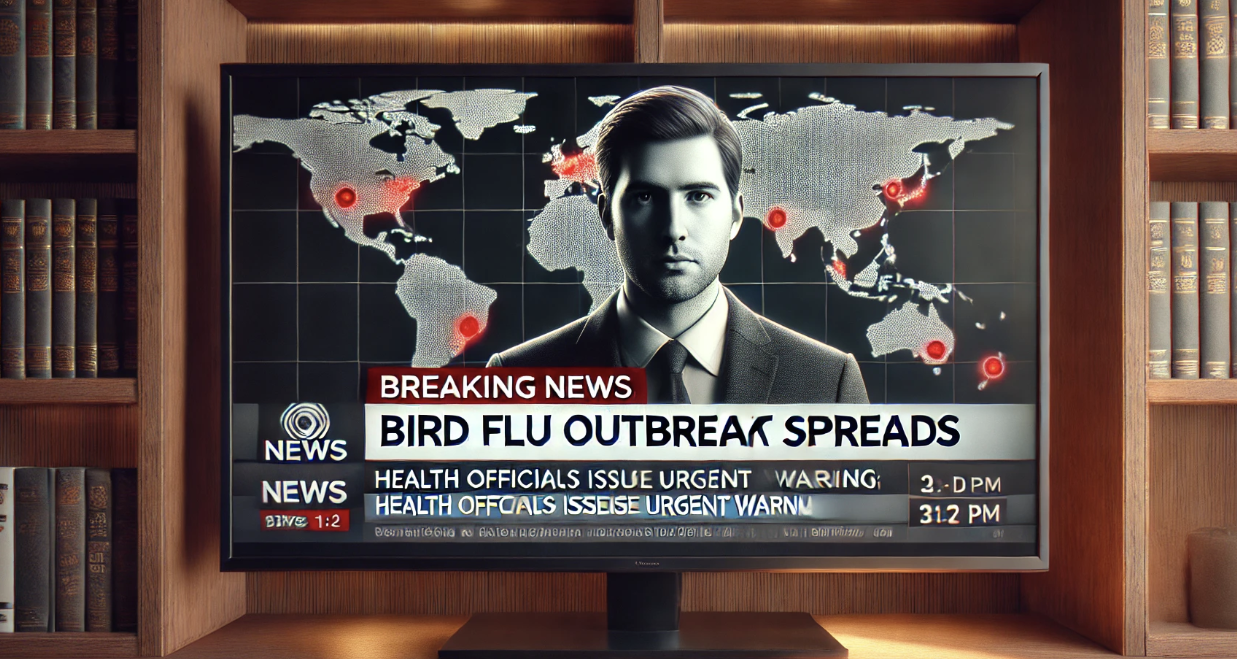
Please Follow us on Gab, Minds, Telegram, Rumble, Gab TV, GETTR, Truth Social
Reprinted with permission Mises Institute Birsen Filip
Even as much of the world continues to move past the covid-19 pandemic, the World Health Organization (WHO) is already looking ahead and preparing for the emergence of “other pandemics and other major health emergencies.” To ensure that the world is adequately prepared for future pandemics, “the World Health Assembly” held a special session, on December 1, 2021, entitled The World Together.
The World Health Assembly is “the decision-making body of WHO” and “is attended by delegations from all WHO Member States and focuses on a specific health agenda prepared by the Executive Board.” In this special session, which was actually only “the second-ever since WHO’s founding in 1948,” participants agreed to “draft and negotiate a convention, agreement or other international instrument under the Constitution of the World Health Organization to strengthen pandemic prevention, preparedness and response.” This would come to be known as the Pandemic Treaty, which was the main focus of discussions at the Seventy-Fifth World Health Assembly, which was held in Geneva during May 22–28, 2022.
According to Dr. Tedros Adhanom Ghebreyesus, the first director-general of the WHO and who is not actually a medical doctor, this treaty represents an “opportunity to strengthen the global health architecture to protect and promote the well-being of all people.” If passed, the Pandemic Treaty will allow the WHO to make radical changes to the healthcare systems of its member countries starting in 2024.
In particular, this agreement will grant the WHO the power to declare a pandemic, based on its own vaguely defined criteria, in any of its 194 member countries at any point in the future. It will also permit the WHO to unilaterally determine what measures will be imposed in response to these future declared pandemics, including lockdown policies, mandatory masking, social distancing, and coercing the population into undergoing medical treatments and vaccinations.
Contrary to popular opinion, the WHO is not an independent, unbiased, and ethical organization that aims to achieve the common good. In reality, its goals and agendas are set by its donors, including some of the world’s richest countries and most influential philanthropists. For decades, “philanthropists and their foundations have [gained] increasing influence” when it comes to shaping the global health agenda by “placing people in international organisations, and gaining privileged access to scientific, business and political elites.”
For example, as Jens Martens and Karolin Seitz explain in Philanthropic Power and Development: Who Shapes the Agenda?,“ the Gates Foundation and earlier the Rockefeller Foundation, have been shaping global health policies not only through their direct grant-making but also through the provision of matching funds, the support of selected research programmes, the creation of global health partnerships with Foundation’s staff in their decision-making bodies, and by direct advocacy at the highest political level.” In fact, back in 2006, The Guardian reported that “the Gates foundation is now the second largest donor to the World Health Organisation after the US, as well as one of the world’s largest single investors in biotechnology for farming and pharmaceuticals.” Unfortunately, when philanthropists and their foundations advance their own interests, they do so at the expense of the common interests of society. There is no reason to believe that this dynamic will be any different in the case of the Pandemic Treaty.
The Pandemic Treaty has the potential to be extremely detrimental to the future of humanity, because it will allow the WHO's most powerful contributors to shape universal pandemic measures instead of recognizing the importance of developing specific policies and approaches based on the social, economic, and physical realities and needs of each individual country. The treaty will eliminate the national will and sovereignty of member countries, as it will dictate their health policies based on abstraction, as opposed to considering the realities that prevail in each place.
Even if the Pandemic Treaty genuinely aimed to achieve purely noble humanitarian outcomes, it still has to be opposed on the basis of liberal thought, which maintains that the individual alone must possess absolute responsibility for his own well-being, assuming that he is of mature age and of sound mind. That is to say, the individual is the only one permitted to make decisions that affect his body, his life, and his future, absent the coercive power of any external authority.
However, the Pandemic Treaty will not allow individuals to rely on their own physical, spiritual, and intellectual faculties in order to achieve their own well-being. Instead, it will impose treatments and vaccination on individuals against their own will, thereby violating bodily freedom on a global scale. History is a testament to the fact that violating bodily freedom leads to slavery and retrogression in society.
The Pandemic Treaty will also give the WHO the authority to issue dictates within the private spheres of individuals and to exercise control over their social and public lives, the institutions of their society, and their governments, all in the name of public health. In doing so, it will suppress civil liberties, economic freedom, positive freedom (freedom to), and negative freedom (freedom from). All these forms of freedom are intended to be constructive forces in society that contribute to the achievement of social progress. Once these freedoms are stifled, the foundations of progress and advancement also vanish.
Through the Pandemic Treaty, the WHO will impose its own value judgment on the world population, thereby ignoring the fact that values differ significantly between people, cultures, traditions, and nations. In other words, it will disregard the diversity of people when it comes to making decisions about their own bodies based on their own religious beliefs, commitments, views, commitments, and cultural and traditional values. It will also violate inclusiveness, as the imposition of a single value judgment; namely, the “One Health” approach, means that the WHO does not treat other value judgments, nor cultural and traditional practices, fairly and equally.
The Pandemic Treaty ignores the fact that, as Joseph Schumpeter noted, there is no “unambiguous standpoint with regard to the social whole, upon general welfare and so forth; nor would such a unitary standpoint exist if all individuals and groups wished to act and evaluate on this basis, since the general good and the social ideal appears differently to each and every one.”1
When it comes to medicine, Schumpeter continues, even though people “sufficiently recognize what good health is and generally seek to achieve such a condition,” “it cannot be proved to anyone that health should be positively valued,” as health cannot “be unambiguously defined.”2 In reality, people pursue “good health with very different levels of commitment, valuing this good in relation to others very differently; nor that their aims are not all exactly the same—the health regimes followed by the boxer and the singer are very clearly not identical.”3 Even surgeons trained in the same area would not necessarily agree on the same treatment and operation.
For example, writes Schumpeter, “faced with the option of removing an ulcer, or avoiding the damage associated with surgical intervention, two physicians can argue about whether the one or the other would achieve the desired recovery in the same way.”4 Moreover, within a particular nation-state, “between people of the same political, social, economic, and cultural interest and with the same perspective on the social world there can always be differences over what is worth striving for.”5 Accordingly, why would any person or organization that purports to support liberal democratic values back the Pandemic Treaty?
Those that support the Pandemic Treaty ignore the core principles of liberal thought and the principles of democratic governance, as they do not , as Ludwig von Mises put it, “see any reason why they should not by means of force coerce other people to do what these people are not prepared to do of their own accord.” The treaty's advocates believe that it is acceptable to employ large-scale central planning to coerce people into doing “the right thing” based on value judgments that are not theirs. It does not matter to them, continues Mises, that “the apparatus of physical compulsion resorted to in such endeavors is that of the government’s police power or an illegal “picket” force whose violence the government tolerates…. What matters is the substitution of compulsion for voluntary action.”
Supporters of the Pandemic Treaty should remember the words of John Stuart Mill:
Neither one person, nor any number of persons, is warranted in saying to another human creature of ripe years, that he shall not do with his life for his own benefit what he chooses to do with it. He is the person most interested in his own well-being, the interest which any other person, except in cases of strong personal attachment, can have in it, is trifling, compared with that which he himself has; the interest which society has in him individually (except as to his conduct to others) is fractional, and altogether indirect: while, with respect to his own feelings and circumstances, the most ordinary man or woman has means of knowledge immeasurably surpassing those that can be possessed by any one else.6
That is to say, the individual is in the best position to be the final judge of action when it comes to his bodily autonomy, his private sphere, and his freedom.
- 1.Joseph Schumpeter, Gustav von Schmoller and the Problems of Today (Berlin: Duncker und Humblot, 1926), p. 264.
- 2.Schumpeter, Gustav von Schmoller and the Problems of Today, p. 264.
- 3.Schumpeter, Gustav von Schmoller and the Problems of Today, pp. 264–65.
- 4.Schumpeter, Gustav von Schmoller and the Problems of Today, p. 265.
- 5.Schumpeter, Gustav von Schmoller and the Problems of Today, p. 265.
- 6.John Stuart Mill, On Liberty (Kitchener: Batoche Books, 2001), p. 70.
Author:
Birsen Filip holds a PhD in philosophy and master’s degrees in economics and philosophy. She has published numerous articles and chapters on a range of topics, including political philosophy, geo-politics, and the history of economic thought, with a focus on the Austrian School of Economics and the German Historical School of Economics. She is the author of the upcoming book The Early History of Economics in the United States: The Influence of the German Historical School of Economics on Teaching and Theory(Routledge, 2022). She is also the author of The Rise of Neo-liberalism and the Decline of Freedom (Palgrave Macmillan, 2020).
























